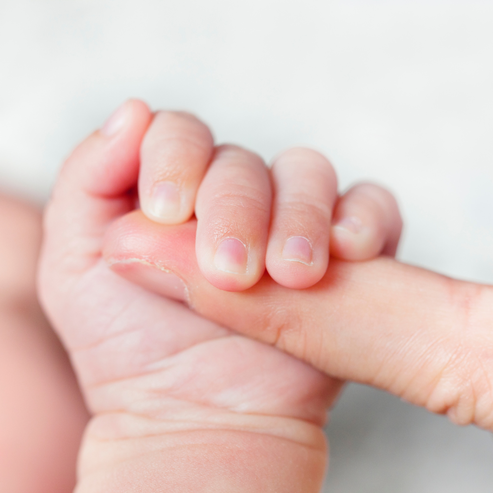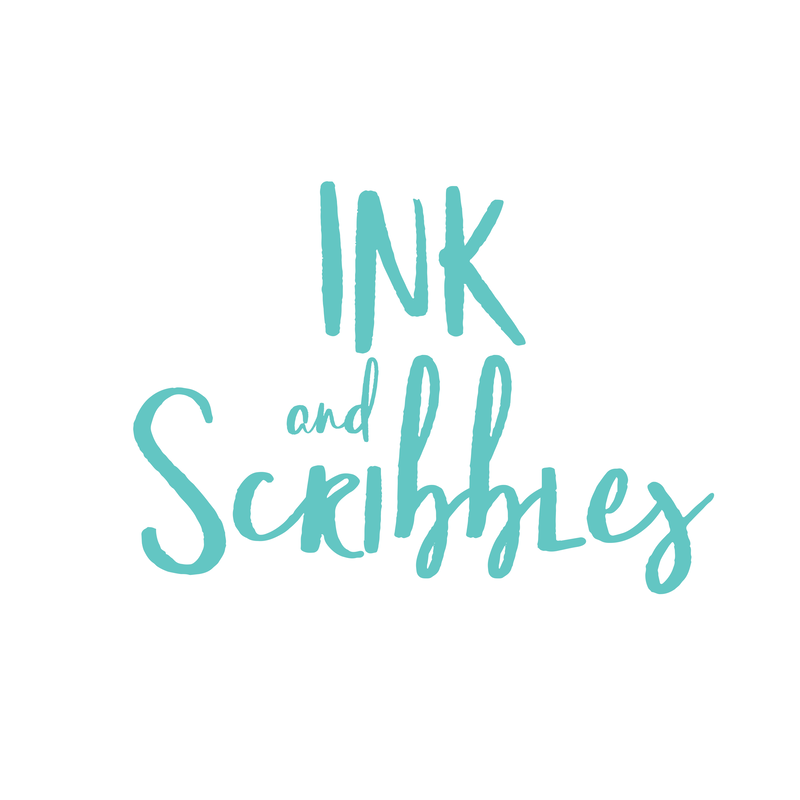|
In my coaching work, we focus a lot on top down (brain to body) strategies which means cognitive approaches to emotional challenges and regulation. Recent training I’ve undertaken has meant I’ve begun working more deeply on nervous system regulation strategies that support the bottom up (body to brain) approach to managing emotions. This has added more techniques beyond breathing to my toolkit. In addition, during my Kinesiology training, I came across primitive reflexes and it opened a whole new level of ways to help children with their emotional challenges that involves the Nervous System. Of course, emotions aren’t isolated experiences for our children. It’s not as simple as experiencing an event and it causing a ripple effect that is the behaviour we may see. Like the tip of an iceberg, the behaviour is the release of emotional energy or coping strategies that the child may employ. Beneath the surface are many possible triggers and circumstances that occur. These include individual external events, small or large, but also include internal circumstances that we, as the adults caring and nurturing a child, may not fully understand or even be aware of. These internal events include, amongst others, sensory preferences, personality traits such as high sensitivity, sensory processing difficulties, undiagnosed or mild neurological or neurodevelopmental disorders or … retained primitive reflexes. Primitive Reflexes are involuntary reflexes that infants have to survive and develop. You’ll have noticed some of these reflexes are checked for shortly after birth. In the early years, as the central nervous system develops, these reflexes are “integrated” and become voluntary responses. Some children and adults have retained primitive reflexes, which means the reflex wasn’t fully integrated and is now impacting cognitive and/or motor skills. The main primitive reflexes are:
Interestingly, the term retained can probably give a slightly inaccurate representation of these reflexes as some researchers now think that for any of us these reflexes can become more or less active or reappear depending on our life events.
Raising our awareness of primitive reflexes is certainly of benefit to our children. The Fear Paralysis and Moro reflexes are involved in the activation of our stress response. In the case of all reflexes that are retained, internal experiences will most certainly impact emotions. For example, some of the retained reflexes can lead to motor issues such as issues with writing or tracking words on a page, that could cause frustration and self-esteem issues. Other reflexes increase sensitivity to sensory input such as noise or light. And retained reflexes such as the ATNR reflex impact the vestibular system which can impact how safe we might feel in our own body in space (e.g., balance issues). Research has also made strong links between Primitive Reflexes and ADHD characteristics. It makes sense that if our nervous system is on alert and is needing to make automatic decisions for us, our stress levels will be affected. So, yes, our emotional experiences are not necessarily an isolated response to an individual event. There may be more at play that is impacting triggers, stress tolerance or resilience. The good news is that primitive reflexes can be integrated with some easy to do exercises! I’d highly recommend exploring primitive reflexes with a healthcare practitioner if your child has issues with reading, co-ordination, display ADHD type traits, struggle with concentration, seem sensitive to sensory input such as noise, lights etc or seem generally “highly sensitive” or highly strung. Disclaimer: Although I’ve received some training in primitive reflexes I’m not qualified to diagnose or integrate any retained reflexes at the time of publishing.
0 Comments
The approach parents are using to deal with challenging behaviour is changing. Or at least the beliefs we hold about discipline are changing. After all, we are human and have our own emotional responses, which means that for some parents’ positive discipline is an ideal that feels right in theory but is tough to implement. Hashtag mum guilt. Increasingly modern motherhood feels the weight of responsibility that is attached to challenging behaviour because of the impact on children’s well-being. In contrast, grandparents mutter comments about ‘letting them get away with it’. We are the generation caught up between our own experiences of being parented and the research that means we know better. It takes effort, but knowing we are all products of our experiences means we owe it not only to our kids, but also our grandchildren, their kids and so on, to be the generation of parents that make the change. Because the positive ripple effect we would have on emotional well-being and mindset will be a legacy we can be proud of.
So why connection before correction? What impact will positively disciplining our children have? 1. Environment to grow When we connect with our children, rather than lecture or shame them, we give them a place to feel supported and safe, even when they make mistakes. This means they can really learn from difficult feelings or wrong choices. 2. Build trust Connection builds trust. When children know they can come to parents with problems and big emotions, the relationship is based on honesty, openness and trust. In the midst of emotional chaos, our children are in flight or flight. Punishment in these circumstances doesn’t appeal to a child’s thinking brain. Instead it leads to isolation, confusion and insecurity. 3. Sets the tone for future relationships The way we interact with our children teaches them about relationships. When we use connection and positive discipline, we are modelling a relationship that consists of respect, listening, understanding, compromise, sharing and validation. 4. Positive impact on brain development and emotional awareness Brains are super complex and continually rewired through interactions and experiences, so it goes without saying that the more positive our interactions the better! That’s not to say we should wrap our kids up in cotton wool. But we can, however, support their brain development by giving them the tools their brains need to process emotions and events, so our kids grow a little each time they behave in a challenging way. So, how do we go about discipling our children positively? I think it’s really important that you think about your child and how to apply a conscious approach specifically to their personality and needs. But here are some general pointers:
There's a few books that we recommend in our affiliate links that are super helpful to any parents looking to develop and improve their positive approach to parenting. These books are full of useful tips and give such good insight into the psychology of a child's developing mind.
The Whole Brain Child.
You can find it here:
https://amzn.to/2jVckWv
The Book You Wish Your Parents had Read (and your children will be glad that you did).
Find it here:
https://amzn.to/2k1GEOW
*As an amazon affiliate I earn from qualifying purchases.
|
Categories
All
Archives
April 2024
AuthorHey! I'm the founder, creator and voice of Ink and Scribbles. Sharing thoughts on child well-being and parenting that are based on my teaching and parenting experience, and NLP learning. |


 RSS Feed
RSS Feed